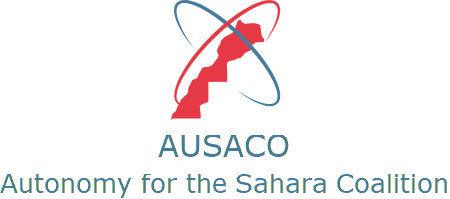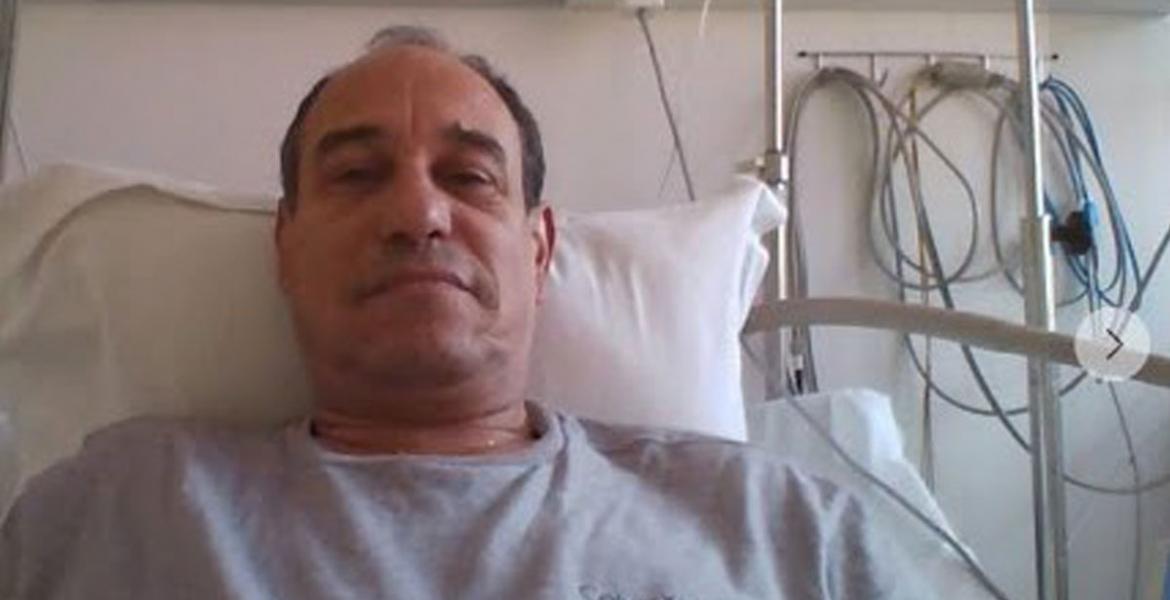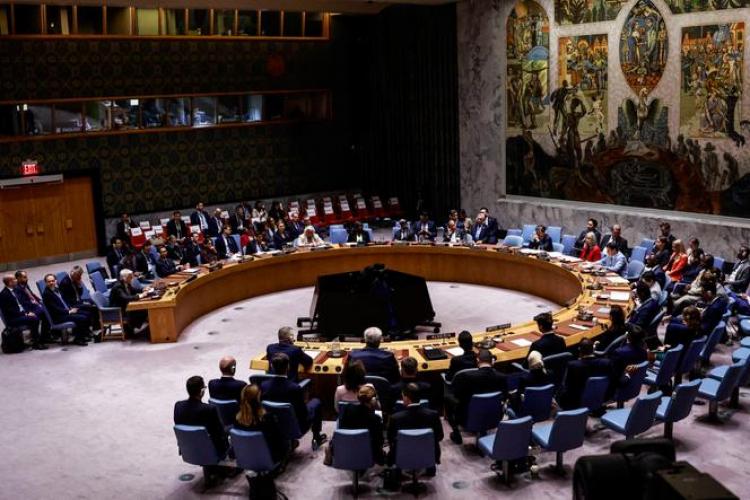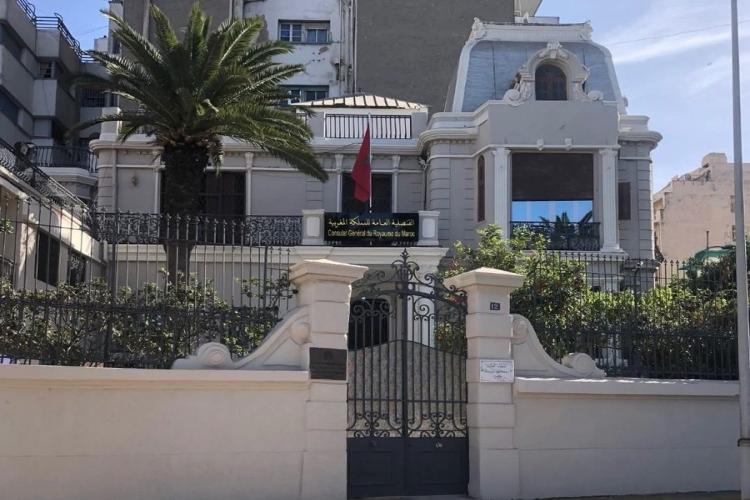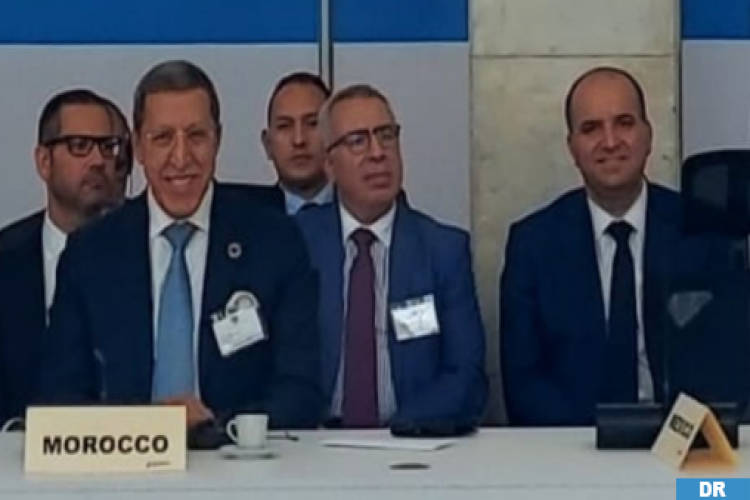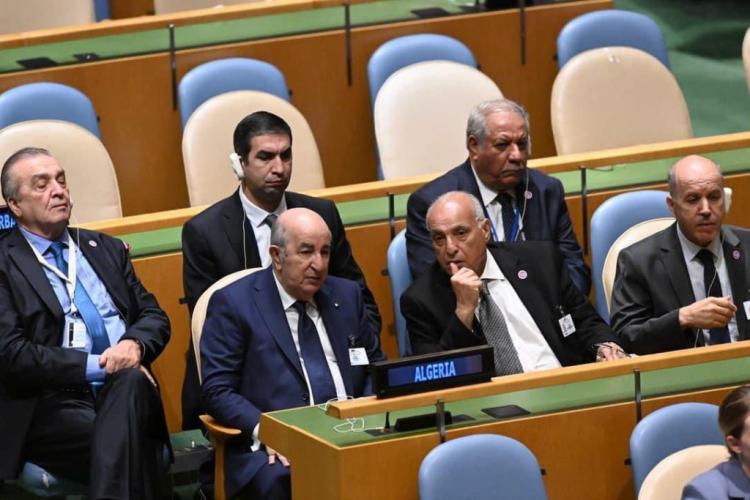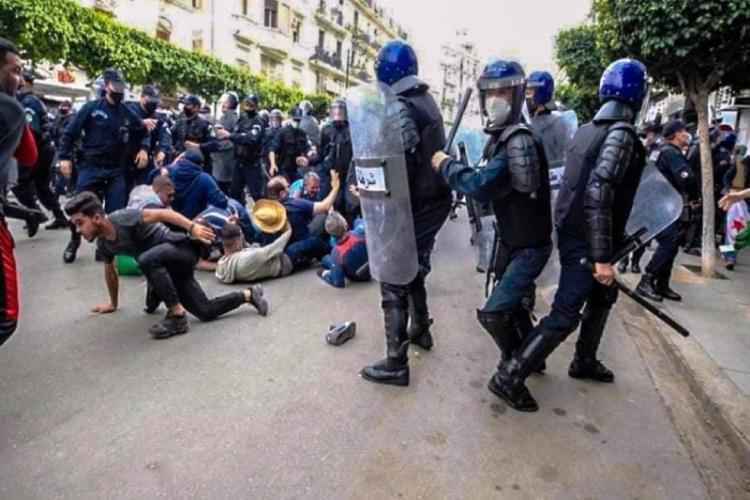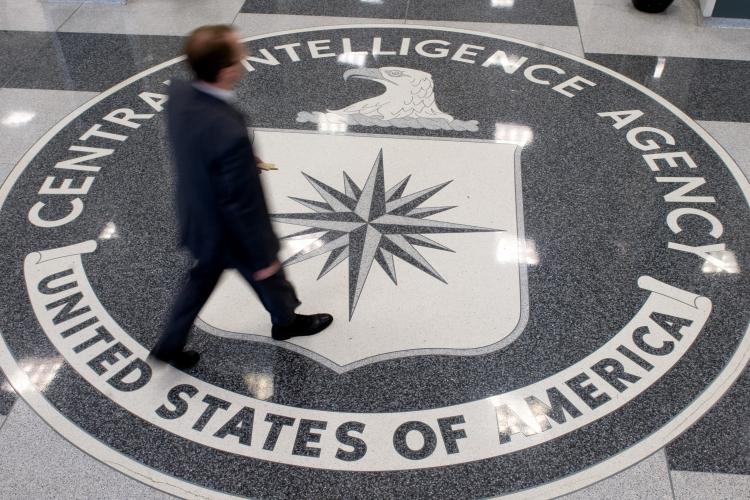Spanish Authorities Dismantle Narco Network with Algerian Connections
In April 2025, Spain's Guardia Civil conducted a major operation against a drug trafficking network operating in Andalusia, resulting in 23 arrests and the seizure of 452 kilograms of hashish. The operation targeted a clan reportedly led by a drug cartel known as "La Tarta," according to Spanish media outlet ABC. This network was allegedly involved in the kidnapping of Algerian journalist Hichem Aboud, adding a concerning dimension of violence to their operations.
The criminal network utilized various transportation methods, including boats and vehicles specially modified with hidden compartments to conceal drugs.
The case of Hichem Aboud represents a troubling intersection between drug trafficking networks and attempts to silence journalism. Aboud, an Algerian journalist known for his critical reporting on power structures in Algeria, was kidnapped in Barcelona in late 2024. According to reporting from Atalayar and Hespress, Spanish authorities eventually rescued him in an operation that revealed connections between his abduction and drug trafficking networks.
The involvement of a narco clan in the kidnapping of a political journalist raises questions about the potential political dimensions of these criminal networks and their possible connections to state actors or political interests in the region.
The drug trafficking networks operating between North Africa and Europe utilize the Sahel region as a crucial transit zone. This vast, sparsely populated area spanning multiple countries south of the Sahara has become a key corridor for moving illicit goods, including drugs, weapons, and human trafficking.
The instability in the Sahel, exacerbated by weak governance, porous borders, and the presence of various armed groups, creates ideal conditions for criminal networks to operate. Countries in the region have struggled to control their territories, allowing trafficking routes to flourish.
Algeria's historical relationship with extremist groups in the region aren't new. According to leaks from Clinton emails, there have been a complex relationships between Algerian security services and terrorist groups operating in the Sahel and Southern Morocco.
The connections between drug trafficking networks operating across Algeria, the Sahel, and Europe represent a complex security challenge that transcends national borders. Recent law enforcement successes in Spain demonstrate the importance of international cooperation in addressing these networks.
However, the political dimensions of these cases—particularly when they involve the targeting of journalists or intersect with regional geopolitical rivalries—add layers of complexity that go beyond straightforward law enforcement issues. Addressing these challenges requires not only police action but also political will to strengthen governance in transit regions and address the corruption that often facilitates trafficking operations.
As investigations continue into networks like the one dismantled in Andalusia, a more complete picture may emerge about the true extent of the connections between organized crime, political interests, and regional dynamics in this critical region between Africa and Europe.
